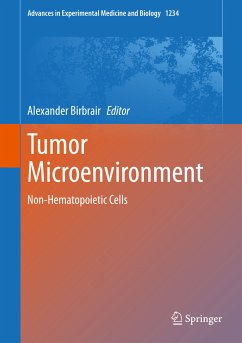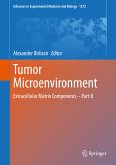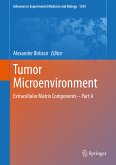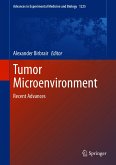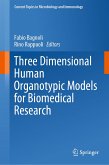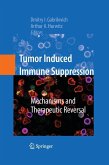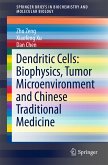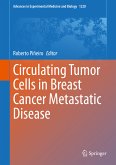Taken alongside its companion volumes, Tumor Microenvironment: Non-Hematopoietic Cells updates us on what we know about the different aspects of the tumor microenvironment as well as future directions. Useful for introducing the newer generation of researchers to the history of how scientists focused in the tumor microenvironment and how this knowledge is currently applied for cancer treatments, it will be essential reading for advanced cell biology and cancer biology students as well as researchers seeking an update on research in the tumor microenvironment.
All of the chapter authors are renowned international experts in the cancer biology field in specific subfields that will be the focus of their chapters.
Dieser Download kann aus rechtlichen Gründen nur mit Rechnungsadresse in A, B, BG, CY, CZ, D, DK, EW, E, FIN, F, GR, HR, H, IRL, I, LT, L, LR, M, NL, PL, P, R, S, SLO, SK ausgeliefert werden.

